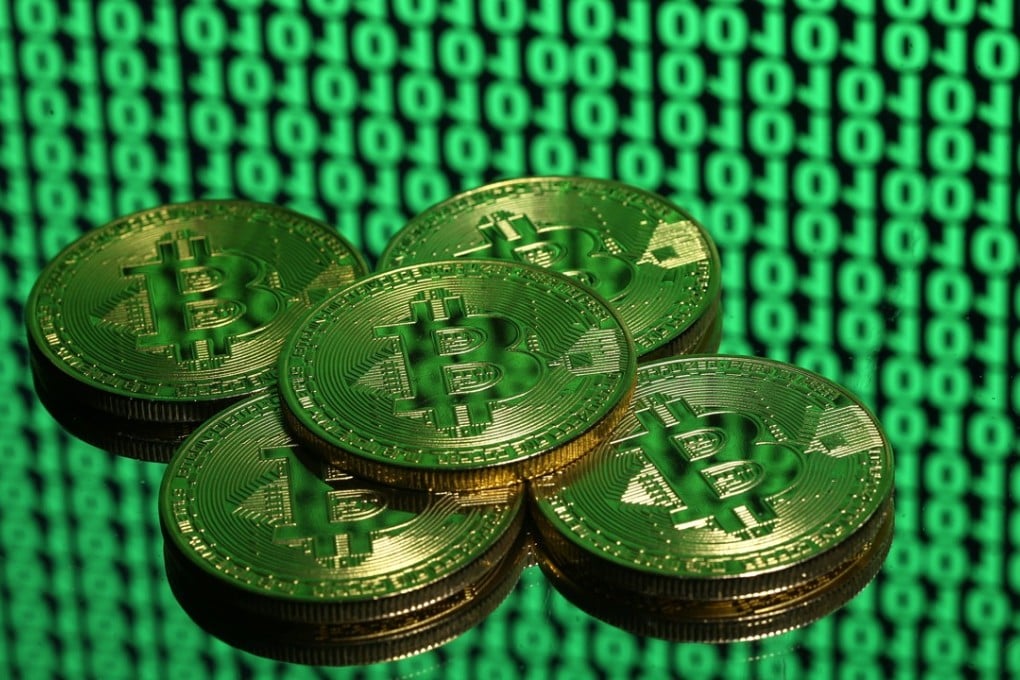Three reasons bitcoin fever will rage on, even after this bubble bursts
Niall Ferguson says lessons from the South Sea Bubble show that the inevitable bust doesn’t necessarily kill the innovation. The financial innovation that created cryptocurrencies like bitcoin and the blockchains they are built on will continue to find buyers

“Listen, son,” I said, “that is no way to invest my hard-earned pounds ... The governments of the world are not about to let their monopolies on national currencies be undermined by a currency that’s already being used for nefarious purposes by criminals and money launderers.” Son: “Yes, but …” Me: “No buts – I’m not throwing real money down the virtual drain.”
It’s never too late to recover from an investment blunder, of course. But what if buying bitcoin now would make me the “greater fool” – the last man in, who gets left holding the bitcoin when the bubble bursts and the price plummets? Financial history is full of examples of investment manias that at some point turned into panics and crashes.
He accidentally threw away his bitcoin codes in 2013. Now they’re worth US$108 million
Bitcoin: financial revolution or modern tulip mania?
